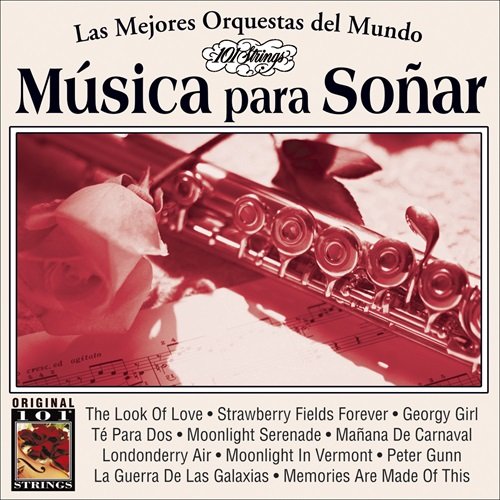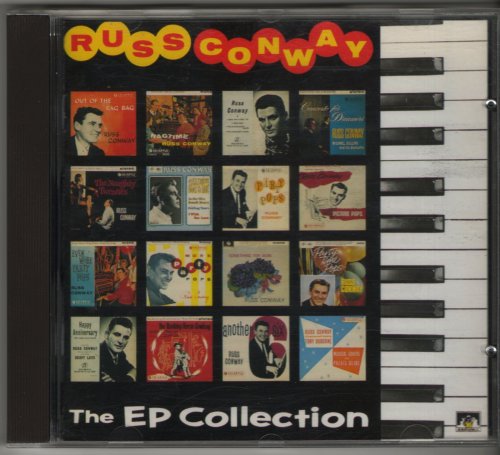Les & Larry Elgart - Best Of Big Bands (1990)
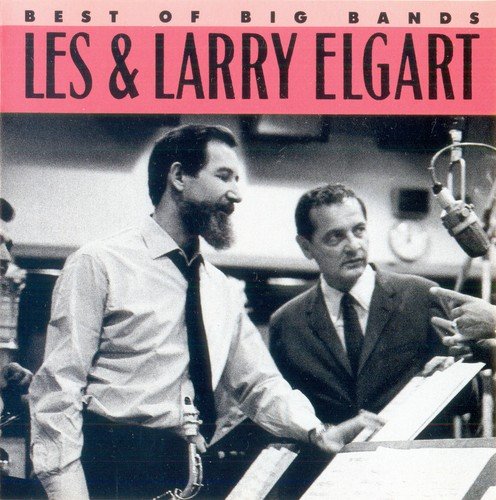
Artist: Les & Larry Elgart, Les Elgart, Larry Elgart
Title: Best Of Big Bands
Year Of Release: 1990
Label: CBS Records
Genre: Jazz
Quality: FLAC (tracks + .cue, log, artwork)
Total Time: 49:00 min
Total Size: 290 MB
WebSite: Album Preview
Tracklist:Title: Best Of Big Bands
Year Of Release: 1990
Label: CBS Records
Genre: Jazz
Quality: FLAC (tracks + .cue, log, artwork)
Total Time: 49:00 min
Total Size: 290 MB
WebSite: Album Preview
01 Skyliner
02 Mood Indigo
03 Song Of India
04 So Rare
05 Woodchopper's Ball
06 Sentimental Journey
07 Blues In The Night
08 You Made Me Love You (I Didn't Want To Do It)
09 My Heart Belongs To Daddy
10 Tuxedo Junction
11 Jersey Bounce
12 One O'Clock Jump
13 Caravan
14 A String Of Pearls
15 Little Brown Jug
16 Green Eyes
17 The Continental (You Kiss While You're Dancing)
18 Cherokee
19 And The Angels Sing
20 Poinciana
Les Elgart (trumpet) and his brother Larry (alto/soprano sax) led one of the more popular swing orchestras of the '50s. Their smooth, tightly arranged sound helped keep the declining big-band style alive on the charts for a little while longer, and their later reunions often produced stylistic detours into contemporary easy listening trends. Les Elgart was born August 3, 1918, in New Haven, CT, while Larry was born March 20, 1922, in nearby New London. Their parents both played the piano, and the brothers took up music in their early teens; they were already performing professionally by the time each turned 20. During the early '40s, they sometimes wound up in the same groups, and formed their own orchestra in 1945, hiring top-notch arrangers like Nelson Riddle, Ralph Flanagan, and Bill Finegan. However, a number of factors conspired against them: the Musicians' Union recording strike, the declining popularity of live swing music, conflicts over leadership, and the end of World War II. They wound up disbanding in 1946, and Les and Larry went their separate ways, making a living as freelancers in whatever orchestras could pay them. The Elgart brothers reunited in 1952, with arranger Charles Albertine -- a Larry Elgart discovery -- in tow. Taking advantage of new recording technology, they crafted a more nuanced, subtle sound that was lighter in tone and rhythm; it relied on tight brass and saxophone sections, and eliminated the piano and nearly all soloing. The 1953 LP Sophisticated Swing established this new blueprint, and a subsequent series of albums on Columbia over the next few years proved quite successful. Their biggest sellers were 1956's The Elgart Touch and the following year's For Dancers Also, both of which reached the Top 15 on the LP charts; they weren't as successful on the singles side, although they did have a minor hit with their theme to "The Man With the Golden Arm," and their original "Bandstand Boogie" was adopted by Dick Clark as the theme song for American Bandstand. Co-bandleader Les spent more and more time handling the business side of things, and eventually stopped performing altogether in the late '50s; he left the band and moved to California, and Larry officially took over the musical direction (he'd pretty much taken charge already). He moved the band to RCA and then MGM, and to keep up with the times, he began to move more into the easy listening market, crafting hi-fi lounge albums with touches of swing, exotica, and space age bachelor pad music. Les reunited with Larry once again in 1963, by which time Larry had begun to add elements of rock and pop to the musical mix. Charles Albertine returned as arranger early on, but soon left to work in the TV/film industry, and was replaced by Bobby Scott. Released in 1964, Command Performance! was their last charting album, but a number of other albums from this era later became popular with lounge collectors, particularly 1967's Girl Watchers. That was one of the brothers' final recordings together, as Les retired to Texas and performed only occasionally. Larry soldiered on, and eventually found surprising commercial success in the early '80s as mastermind of the popular Hooked on Swing albums. Elgart and his New Manhattan Swing Band ran through medleys of popular jazz tunes set to a steady beat, in a format like that of the companion Hooked on Classics series. Larry Elgart continued to lead bands on whatever circuits he could find; Les Elgart passed away in Dallas on July 29, 1995, of heart failure. ~ Steve Huey
![The Messthetics & James Brandon Lewis - Deface The Currency (2026) [Hi-Res] The Messthetics & James Brandon Lewis - Deface The Currency (2026) [Hi-Res]](https://www.dibpic.com/uploads/posts/2026-02/1771424652_1.jpg)
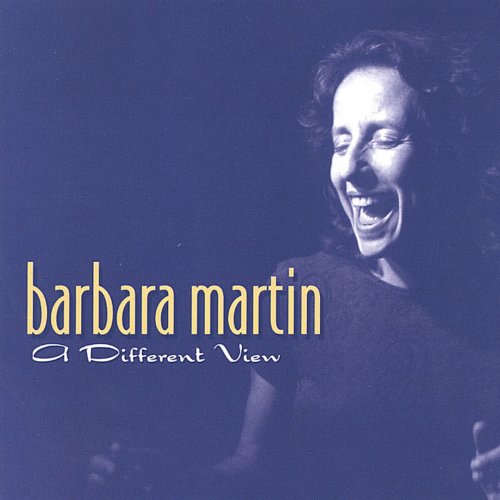
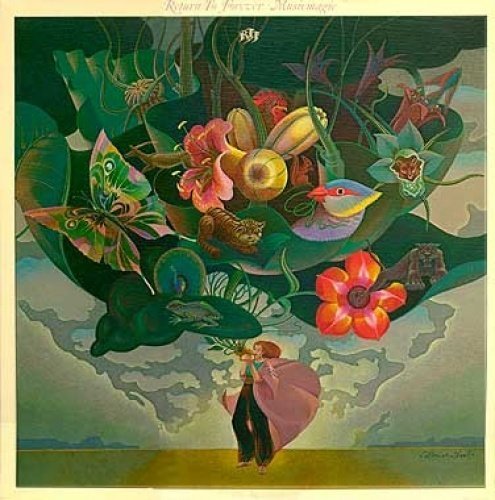
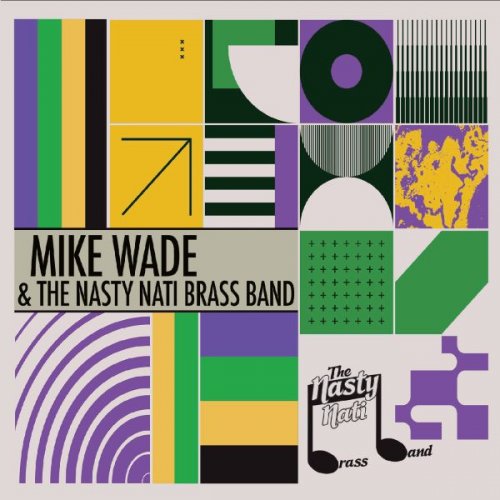


![William Ackerman - Past Light (1983) [1997 Japanese Edition] William Ackerman - Past Light (1983) [1997 Japanese Edition]](https://www.dibpic.com/uploads/posts/2026-02/1771702726_001.jpg)
